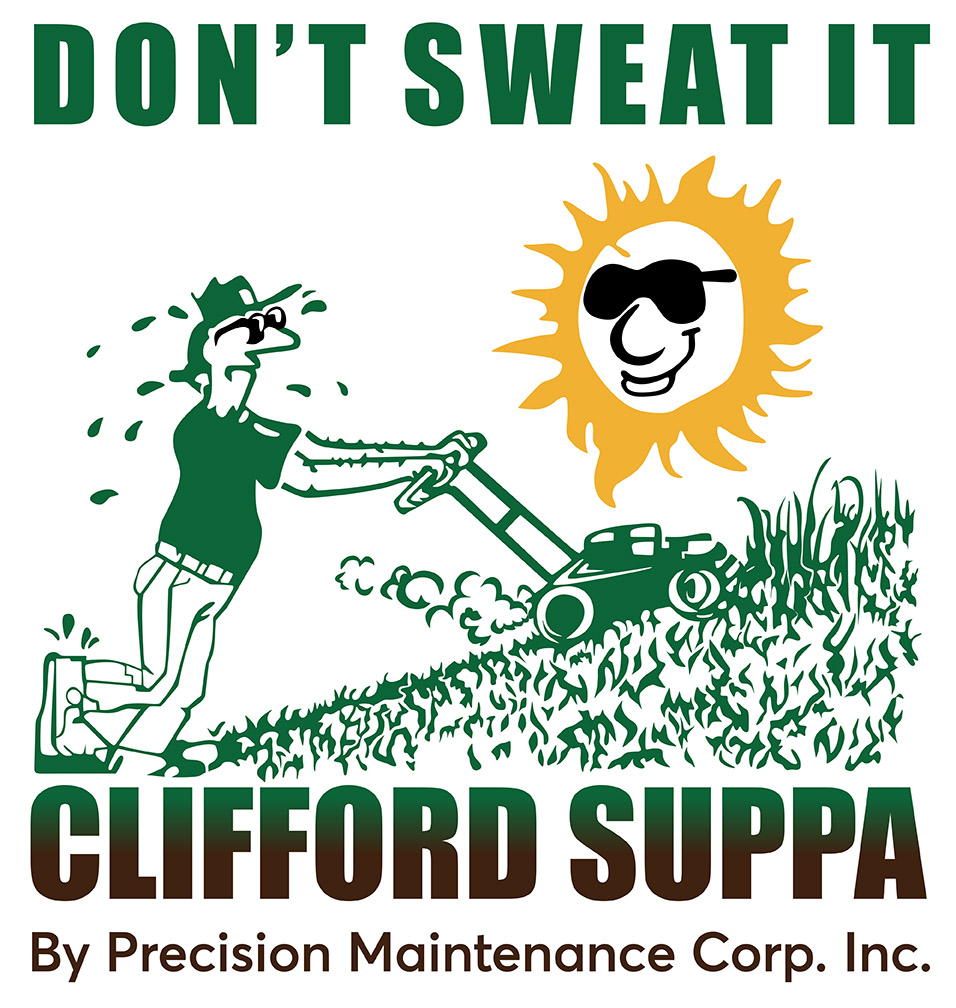Pests can be a big problem with your landscape, and the problem can easily get out of control without the proper interventions. One of the ways to control for these pests is by spraying your shrubs. During this process, you can select either organic or non-organic pesticides. Each has certain benefits and drawbacks, so you should consider the differences to find the option that works best for you and your landscaping needs and goals.
Organic Pesticides
Organic pesticides are seen as a more “natural” option for controlling pests. Usually, these pesticides come from natural sources like plants and are a good option if you’re looking to minimize the number of synthesized chemicals you use on your property.
These botanical pesticides, despite being derived from plants, are still considered pesticides, however. This means that they are still dangerous if ingested and should be handled with proper care. This includes keeping your pets away from any plants that have been sprayed with these organic pesticides for the recommended period of time. Don’t be lulled into a false sense of security by the organic or natural label.
Many people falsely assume that organic or natural pesticides are safer or less toxic than synthesized chemical pesticides, but this is not always the case. In fact, organic pesticides can be even more dangerous than chemical ones, so you should always read the label or ask the professional administering the pesticide for guidance on how to interact with the area immediately after application.
There are also several nontoxic organic pesticides available, and if this factor is important to you, be sure to request this from the professional performing the service. Having a conversation before application about your expectations and wishes can help your landscaper understand what you want and ensure that the process goes as smoothly as possible.
Non-Organic Pesticides
Non-organic, or inorganic, pesticides are another option for your pest control problem. These are typically compounds or chemicals like sulphates that are used for agricultural pest control. Non-organic pesticides are made from nonliving natural sources and contain heavy metals that are toxic to humans (and pests!).
Depending on the specific pests that you’re trying to eliminate, non-organic pesticides can be very effective. Some pests are difficult to eliminate completely without the use of non-organic pesticides, so the type of pesticide you use will depend on the issue you’re looking to address. Termites, for example, are most effectively eliminated using a Borate-based pesticide, while Copper and Sulfur pesticides are excellent choices for killing any fungi that are affecting your plants.
It’s crucial to use inorganic pesticides with extreme care. They can have a greater impact on the surrounding area than you intended, so if you’re not careful you can eliminate more than you were hoping to. This error can have long-term and irreversible consequences, so it’s always best to entrust this process to a professional.
Before your professional begins the application process, you should have a detailed conversation with them to make sure you understand all safety precautions that should be undertaken. It may be best to completely vacate the property depending on the pesticide used. You will also want to keep all pets on leashes and closely supervised during outdoor time to make sure they don’t get sick. Some pesticides can be lethal to your pets, so this is an important precaution. It’s vital to note that pets are naturally curious and explore the world with their nose and mouth. You might think that your dog would know better than to lick a chemical substance, but that’s a risk you should avoid taking at all costs.
Why You Should Choose Professional Pesticide Application
The application of pesticides— organic or non-organic— is a job best left to professionals. As discussed above, there are many inherent dangers in the application of pesticides and trusting this process to a professional will help keep you and your family safe.
It will also help protect other parts of your property and the surrounding ecosystem from unintended harm. Using pesticides may seem straightforward, but it’s not. It goes beyond choosing the product and then spraying it on your plants. Because of what pesticides are designed to do, you need to be very careful about applying them. If you’re not, you could end up killing all sorts of wildlife, from plants to animals, to bugs. This may seem like a small price to pay, but each of these creatures plays a vital role in the ecosystem of your property and eliminating them may actually lead to even more pests infesting your plants.
Leave pesticide application to the professionals to make sure it’s done as safely as possible.

Get Started with your FREE ESTIMATE!
The FASTEST way to get a FREE Estimate
is to call us at 516-416-9007
The FASTEST way to get a FREE Estimate
is to call us at
516-416-9007

